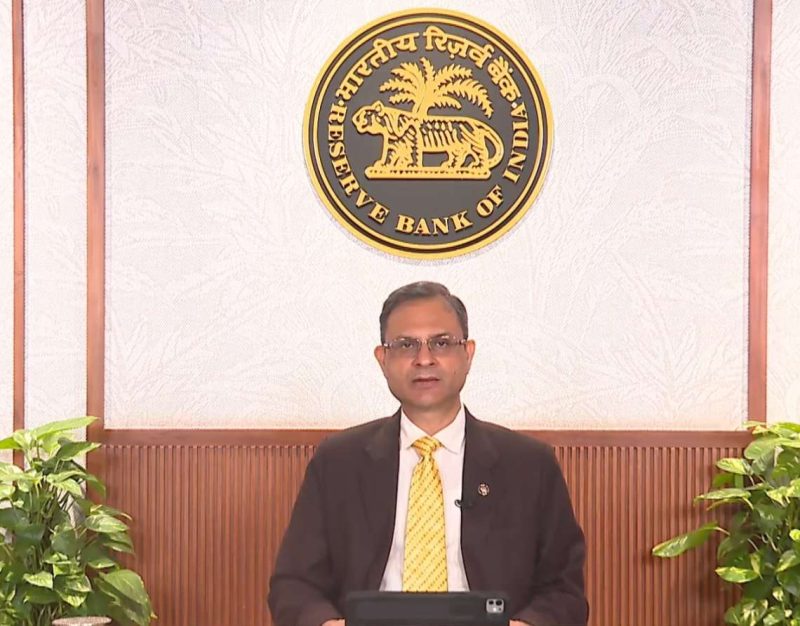Millions have lost their jobs and more are set to sit home without work. According to the International Labour Organisation (ILO), nearly 195 million full-time workers are at job loss risk as industries after industries are shutting operations… Reports India Daily Digital News Desk

In such a scenario when firing employees is the only way to keep the organization running, how do you handle your feelings of guilt and sadness? How should you deliver the news when you can’t meet face-to-face?
According to Harvard Business Review (HBR), as the Covid-19 global health crisis looms, the task is “emotionally and cognitively overwhelming.”
“This experience for most of us is unfathomable. There’s a great deal of uncertainty and people’s minds are whirring,” says Joshua Margolis, a professor at Harvard Business School.
About 40 crore workers in India working in the informal economy are at risk of falling deeper into poverty during the COVID-19 pandemic crisis, according to the ILO report.
The tension is magnified when you’re also worried about your own fate, according to Kenneth Freeman, Dean Emeritus at Boston University’s Questrom School of Business.
“You’re human and you’re going to have a lot of those 2 AM moments,” he was quoted as saying.
Here are some tips to lessen the guilt associated with firing employees in such tough times.
“If you decide layoffs are necessary or others have made that decision for you, then make sure you’re prepared before you reach out to the affected employees,” according to the HBR report.
People are likely going to have a lot of questions about the timing, their benefits, and severance.
Even if you’ve presided over layoffs in the past, overseeing them during the coronavirus outbreak will be different for one key reason: they won’t take place in person because of social distancing measures.
What’s more, you need to have a highly private conversation at a time when privacy is difficult to achieve.
According to Margolis, ask your employee: “Is there a time when I can get 15 minutes of your full attention?”
Be forewarned: you may get pushback.
They may anticipate what’s coming and “some people aren’t going to have the psychological wherewithal to deal with it”.
Because you will deliver the message remotely, must take extra care to break the news “with empathy and compassion.”
Your aim is to “treat people with dignity, fairness, and respect,” adds Freeman.
Even though you may worry that you, too, might get laid-off, this particular termination is not about you.
Don’t succumb to your insecurities by saying something like,
“This is really hard for me.”
At the same time, don’t “totally detach from your humanity” so that you “become a mechanical robot.”
Your message should be “clear, concise, and unequivocal,” says Margolis.
For instance, “I’m sorry, but at end of next week we are terminating your job.”
Imparting an “expeditious, direct message can feel cold, but it allows the other person to process what you’re saying”.
Express gratitude for their hard work and dedication. Try to convey the message, “We all care about you,” said the report.
Freeman recommends “being readily available” and willing to provide “support and counsel” to your employee even after the initial conversation.
For instance, “you may feel tempted to say, ‘As things get clearer, and the economy improves, you’re on our list to come back,'” he says.
But no one has that kind of foresight. “Don’t sugarcoat and don’t give false hope.”
Finally, take care of yourself. After all, “you are not alone”.
READ MORE:









